Still Shoveling Snow? 17 Everyday Activities You Shouldn’t Be Doing After 50
Aging doesn’t mean slowing down—it means working smarter. You’ve accumulated wisdom over the years, and part of that wisdom is knowing when to step back from certain activities. The main reason for doing this is to preserve your health and energy for the things you love. Some everyday tasks that were routine at 30 can start taking a toll after 50. Here’s a list of tasks you might want to reconsider—and why.
Shoveling Heavy Snow
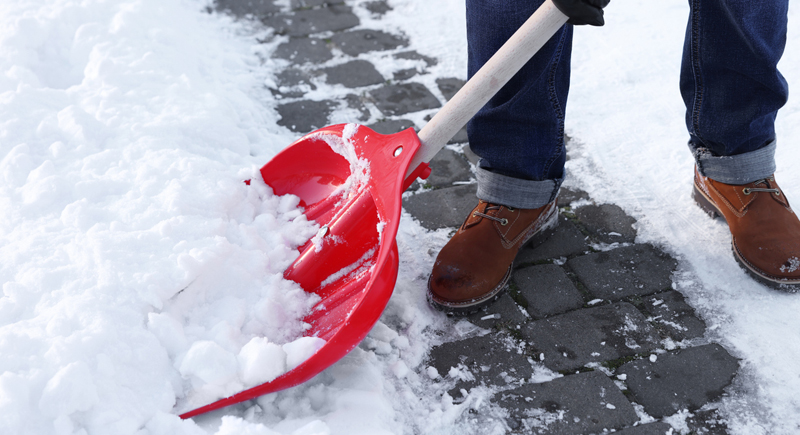
Credit: iStockphoto
Few things are as physically demanding as clearing a snow-covered driveway. The weight of wet snow, combined with repetitive bending and twisting, is a perfect recipe for back injuries or, worse, heart strain. Plus, winter storms don’t follow schedules, and shoveling often means rushing in cold, unforgiving conditions.
Carrying Overloaded Grocery Bags
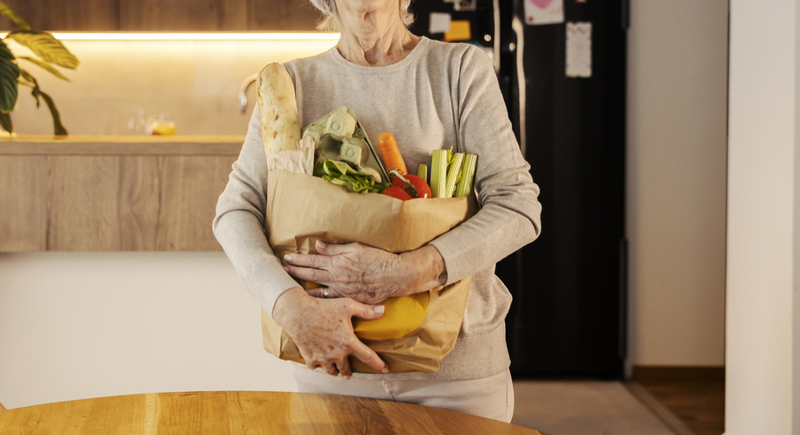
Credit: iStockphoto
Who hasn’t tried the “one trip or bust” approach with groceries? While it might feel efficient, lugging overloaded bags puts strain on your shoulders, wrists, and spine. The pressure can sneak up on you, leading to sore muscles or even injuries later. Instead, make two trips or use a wheeled cart. It’s a small adjustment that saves your body from unnecessary stress.
Climbing on Chairs or Unstable Ladders
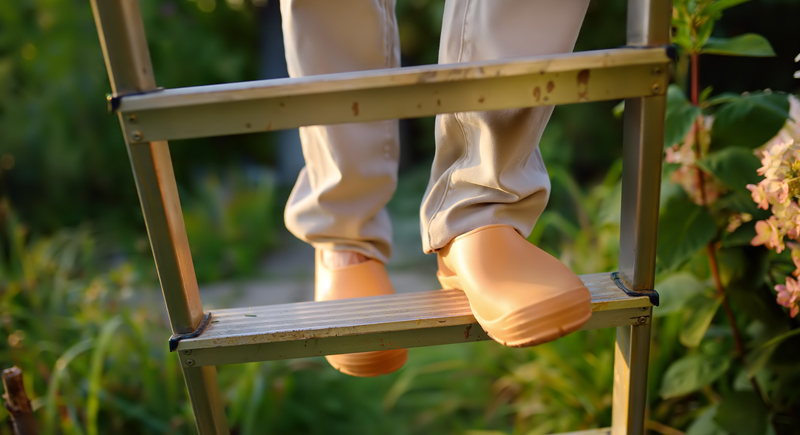
Credit: iStockphoto
It always seems like the lightbulb that needs changing is just out of reach. Grabbing the nearest chair or a wobbly step stool might seem harmless, but it’s one of the most common ways people over 50 end up in emergency rooms. Balance shifts with age, and a misstep can mean a broken wrist or hip.
Cleaning High Windows or Gutters

Credit: iStockphoto
Stretching precariously on a ladder to scrub windows or clear leaves from gutters is a prime example of a task that’s more dangerous than it looks. The risks go beyond falls—strained shoulders pulled neck muscles, or even pinched nerves are common outcomes. Hire professionals or use extendable tools that let you keep both feet firmly on the ground.
Moving Heavy Furniture Alone
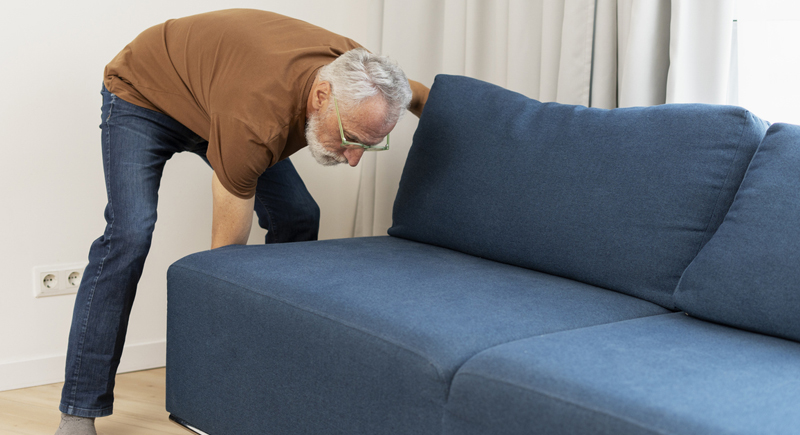
Credit: iStockphoto
We love rearranging a room when boredom strikes, but dragging or lifting heavy furniture solo is a quick way to injure yourself. Over time, even minor tweaks to your back or knees add up. Furniture sliders are a helpful tool, but the smarter choice is to recruit some extra hands. It’s worth waiting a few hours for help rather than risking weeks of recovery.
Overloading the Laundry Basket
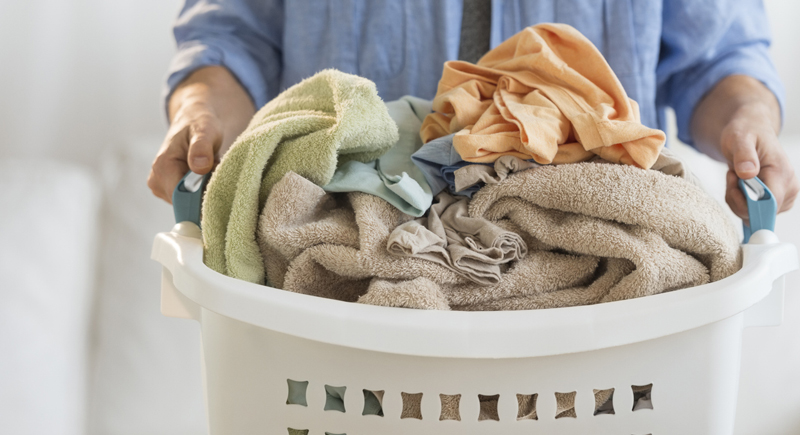
Credit: iStockphoto
Laundry day doesn’t have to be a workout. An overflowing basket might seem harmless, but carrying all that weight, especially up or down stairs, is an invitation for back strain or a stumble. Opt for a basket with wheels, or lighten your load by dividing it into smaller trips.
Walking on Slippery or Wet Surfaces
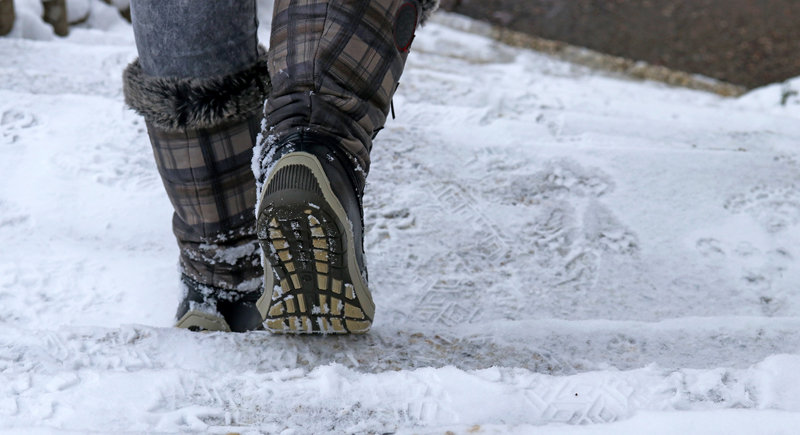
Credit: iStockphoto
Whether it’s a freshly mopped floor or an icy sidewalk, slippery surfaces are accidents waiting to happen–even if you’re super careful. After 50, balance doesn’t bounce back the way it used to, and a fall can have lasting consequences.
Lifting Boxes or Bending Improperly

Credit: iStockphoto
There’s a way to lift heavy items that minimizes injuries. That reflexive bend at the waist to grab a box doesn’t serve you well as you age. Instead, squat down, use your legs to push up, and keep the box close to your chest. Better yet, enlist help for heavier loads—it’s not about what you can do, but what you should do.
Standing for Prolonged Periods While Cooking

Credit: iStockphoto
An elaborate meal often means hours of being on your feet. Over time, this can lead to swelling in the legs, sore joints, or lower back pain. You can use anti-fatigue mats to reduce this risk, or simply pace yourself by taking breaks to sit and prepping in advance.
Hurrying Up or Downstairs

Credit: iStockphoto
It’s easy to take stairs for granted until a misstep happens. Rushing—especially with distractions like a phone or laundry basket—is risky business. A tumble will most definitely lead to serious injuries that take months to heal.
Mowing the Lawn Without Breaks
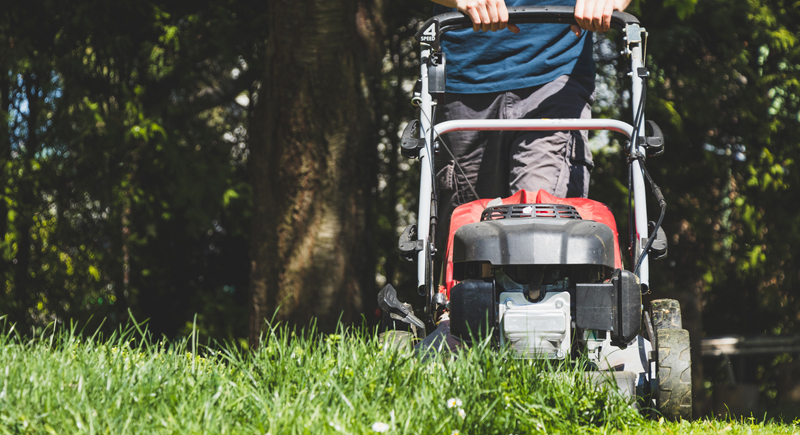
Credit: iStockphoto
The scent of freshly cut grass may be wonderful, but the act of mowing is physically demanding. It involves continuous pushing, especially on uneven ground, and can overwork your back and knees. A self-propelled mower or even a robotic option can ease the burden. Remember to take breaks, stay hydrated, and enjoy the process instead of powering through.
Scrubbing Floors on Hands and Knees
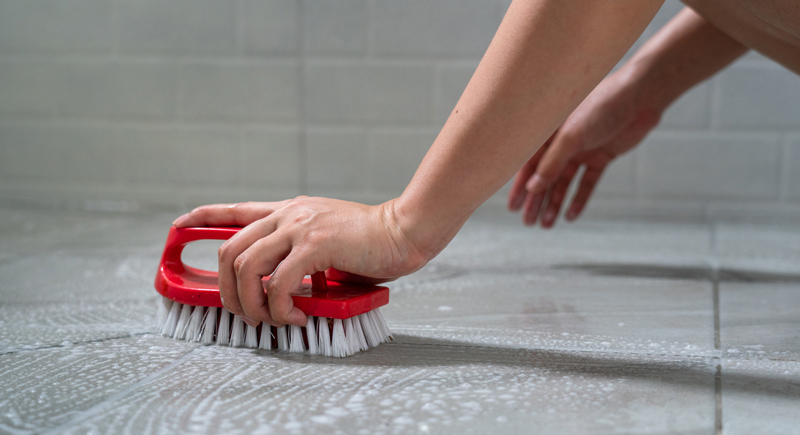
Credit: iStockphoto
For those who love elaborate cleaning, we’re here to tell you about the dangers of scrubbing your hands and knees. It’s not only tough on your body, but the pressure on your knees and wrists can lead to stiffness or pain later.
Carrying Large Loads of Firewood
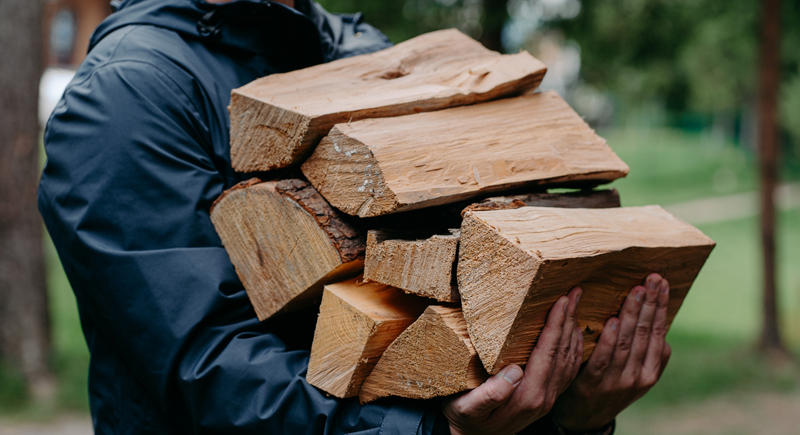
Credit: iStockphoto
We understand how fun it is to handle all the firewood yourself. Unfortunately, the weight and bulk are hard on your shoulders and back. Carry smaller bundles, or use a wheelbarrow to transport them. There’s no shame in making the task easier—you’re still getting it done, just smarter.
Reaching Into Deep Cabinets or Cupboards
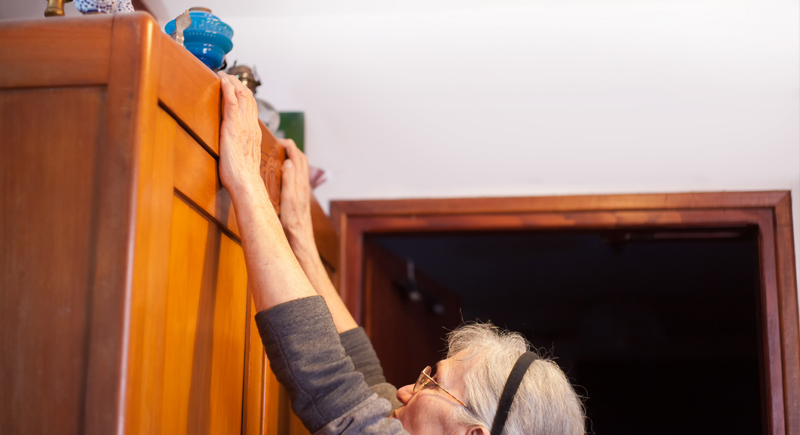
Credit: iStockphoto
Deep cabinets often require awkward stretching or even climbing onto counters to retrieve items. This is incredibly risky for your balance and back. Organize your kitchen so frequently used items are within easy reach, or use pull-out shelves to avoid unnecessary bending and twisting.
Hanging Heavy Curtains or Pictures
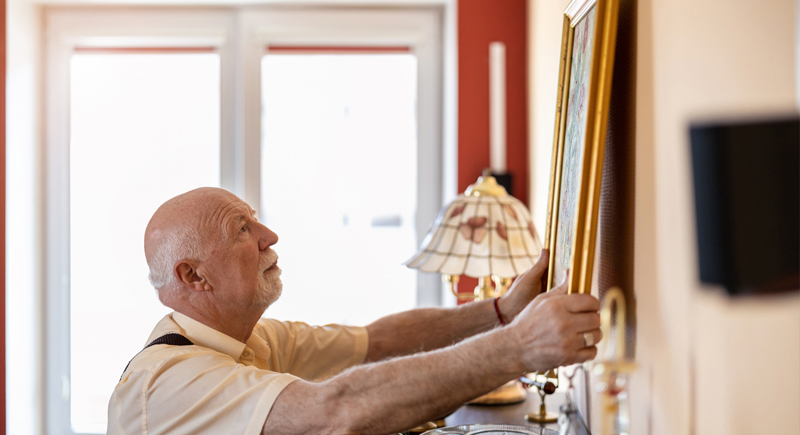
Credit: iStockphoto
Hanging heavy curtains or artwork sounds simple until you’re holding something awkwardly over your head and praying you don’t drop it—or hurt yourself. Lightweight options or a helping hand can make this task safer. Or, better yet, leave the curtains down and embrace minimalist chic.
Cleaning the Chimney
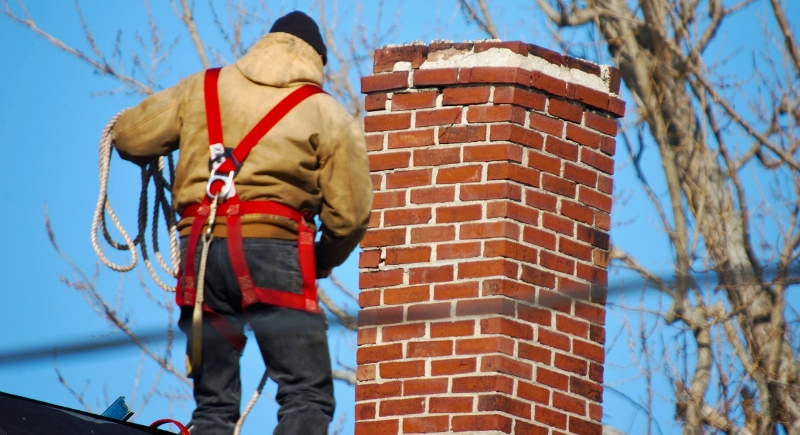
Credit: Getty Images
Climbing a roof to scrub chimney soot requires balance, arm strength, and protection from fine dust. These demands become tougher after 50, increasing the risk of falls or breathing problems. It’s safer to let trained professionals handle the grime while you stay grounded and protect your lungs and joints.
Carrying Large Plants or Pots

Credit: pexels
Lifting bulky ceramic pots can easily strain your back, knees, or hips, especially as flexibility and joint strength decline with age. Even short lifts can trigger lasting pain. Choose a wheeled plant stand, lighter containers, or ask for help to protect your spine while keeping your garden flourishing year-round.